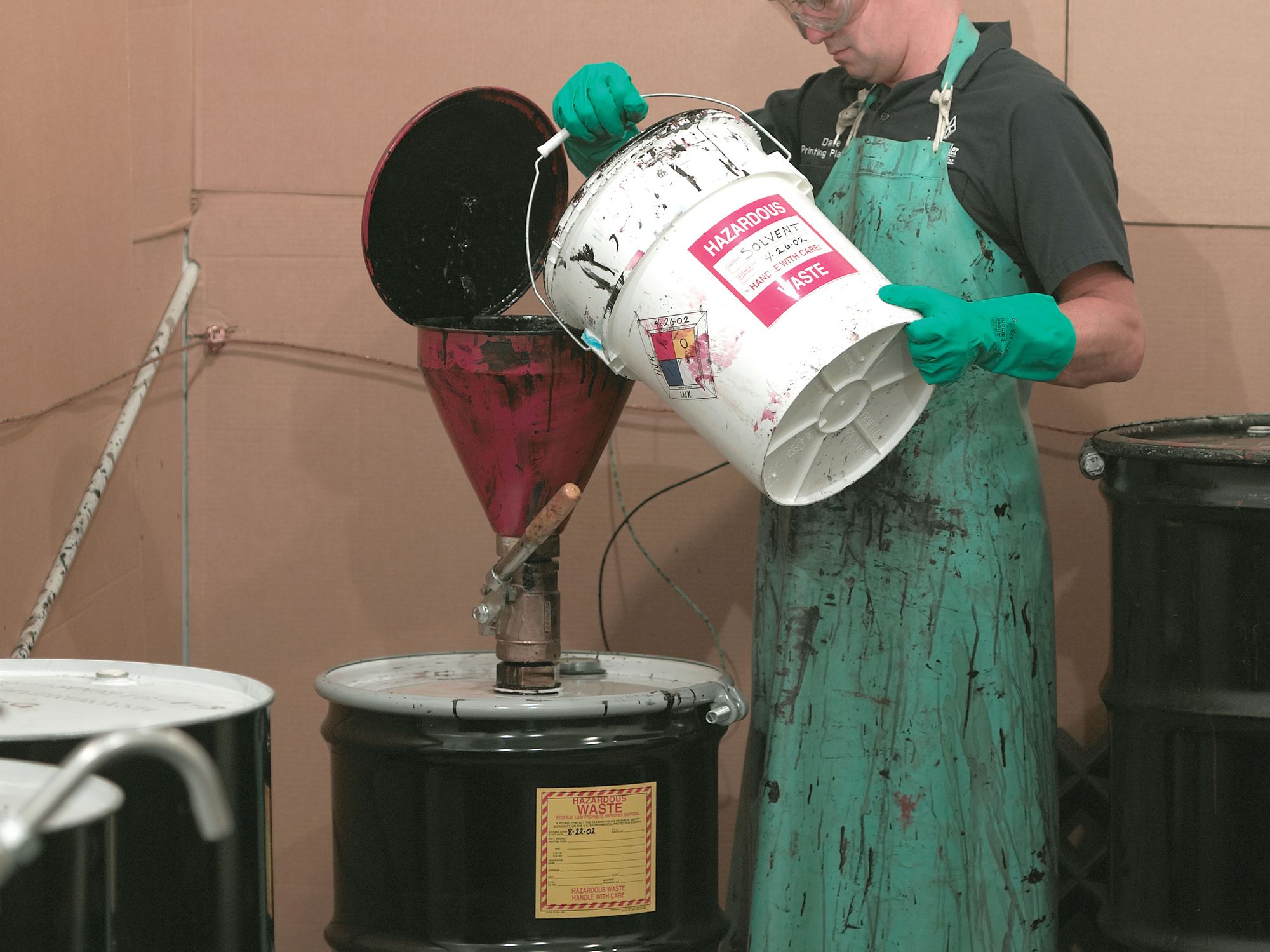Is it a hazardous waste?

- There is no comprehensive table or list that tell for certain if a solid waste is hazardous.
- Examples of exempted wastes include household hazardous waste, used CRTs, used oil, universal wastes, certain used refrigerants, and lab samples.
If there is a solid waste that wasn’t excluded in 261.4, then a company may have a hazardous waste. There is no comprehensive table or list to tell for certain if the waste is hazardous. For that, continue in the waste identification process.
To be a hazardous waste, the waste must meet the following criteria. The waste is:
- A solid waste (A waste that is not a solid waste cannot be a hazardous waste.); and
- Not specifically exempted from the definition of hazardous waste; and
- A listed hazardous waste; OR
- A characteristic waste.
Exemptions or exclusions from the definition of hazardous waste
If a company determines the waste is hazardous, then refer to parts 124, 264, 265, 266, 268, and 273 for possible exclusions or restrictions to the management of that waste.
Certain hazardous wastes are eligible to be managed under less strict regulatory programs. For example, extensive waste management regulations apply to batteries, but they can be managed as universal wastes at 40 CFR Part 273 rather than as hazardous wastes. The same goes for household hazardous wastes. Homeowners can simply dispose of many wastes in the trash that would be considered hazardous waste if found at a business location (This is not, of course, an environmentally friendly practice, and recycling or disposal at a permitted hazardous waste collection facility is preferable.)
Examples of exempted wastes include:
- Household hazardous waste
- Used cathode ray tubes (CRTs)
- Used oil
- Universal wastes
- Certain used refrigerants
- Lab samples
